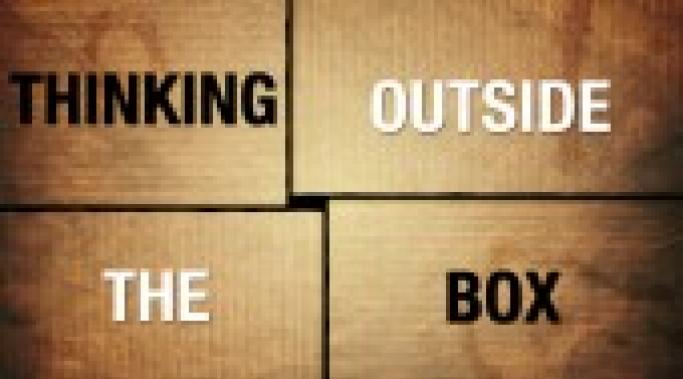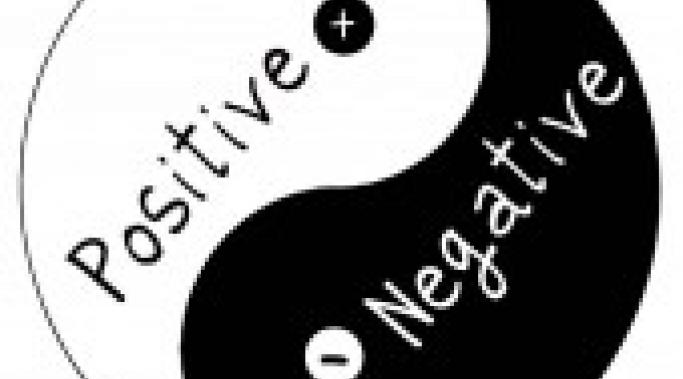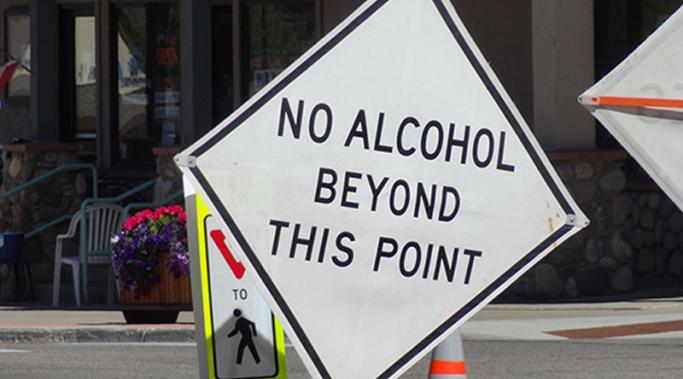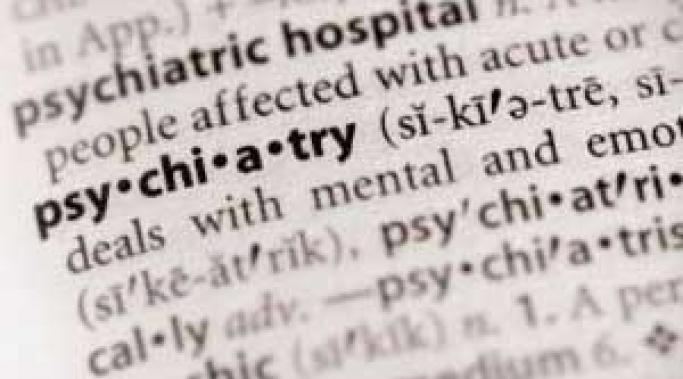A toolbox of creative coping skills can make mental illness recovery easier. It used to be that when I pictured a toolbox, two images come to mind: My toolbox full of art supplies which is used often and the toolbox sitting in storage. It contains hammers and nails and other strange things. But now I think of a toolbox in a new way. A toolbox of creative coping skills is a collection of ideas that we can use to combat, and learn to live with, mental illness.
Mental Health - Recovering from Mental Illness
Mental illness and rage often go hand in hand---primarily when the illness is not yet treated. Rage is scary and stems from irritability and anger. It represents, and feels like, complete loss of control. What is rage and how can we confront it when living with mental illness?
When you live with a mental illness you understand depression. You know how much depression hurts, the damage it can cause, and the fear that results from it. But it can be hard to distinguish a state of sadness from that of depression. And it be scary not knowing if you may be experiencing a depression relapse or, with any luck, just feeling plain sad.
This topic came to me at a rather ridiculous time---though this is often the case and I am usually somewhere without a pen!---when putting on mascara. Ah, yes. The best ideas plant themselves in my often scattered brain when I am doing anything other than wondering what I might write about.
That being said, with mascara wand in hand, I ran into my office, grabbed a pen, and scribbled it down. And then I thought: "Can we actually view our mental illness positively?" At this moment, as I write these words, I have no idea. But I want to give it a shot. After all, what's the worst that could happen (cue somber music)?
You know it and I know it: living with a mental illness and being open about it can have dire consequences. And, frankly, it pisses me off. Let's look at some of the more common (exceedingly irritating) stigmas about living with a mental illness.
I know. I know. You might be thinking, "Is she serious? I did not lose my entire memory!" Yes, I am serious and I will work to explain why.
Finding a good psychiatrist is, apparently, problematic for some of my readers. Don't worry, you're not the only one who can't find a good psychiatrist.
Last week, I wrote a post focused on communicating with your psychiatrist. This post spurred a few replies, questions from readers, that I want to try to address within this post. I'll do the best I can being a patient myself---a patient who is less than patient!
How Do You Find A Good Psychiatrist?
I am certain I have focused on this topic before--in some way or in another. It's an issue that deserves attention. A good relationship with our psychiatrist is an important part of recovery from mental illness.
Let me preface this post by telling you that when you live with a mental illness you know why it's so hard. It can feel impossible. But have you ever sat down and really thought about it? Thinking about things, writing them down, can allow us to make sense of something that is often complicated and hard to understand.









